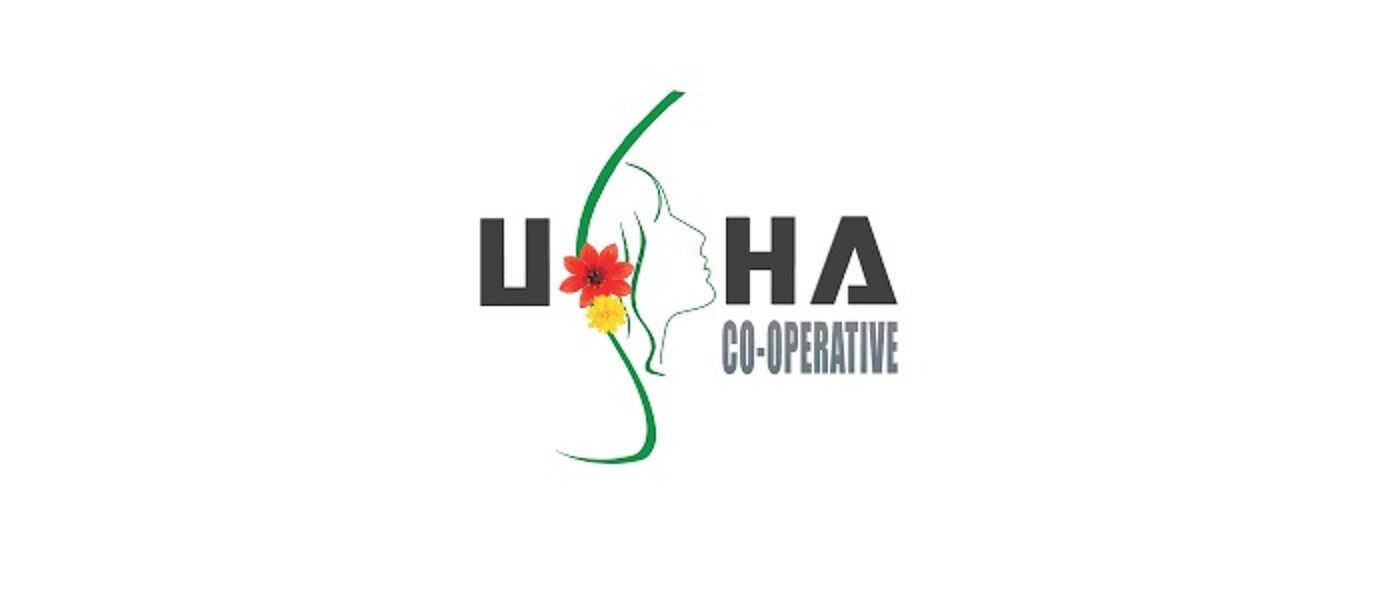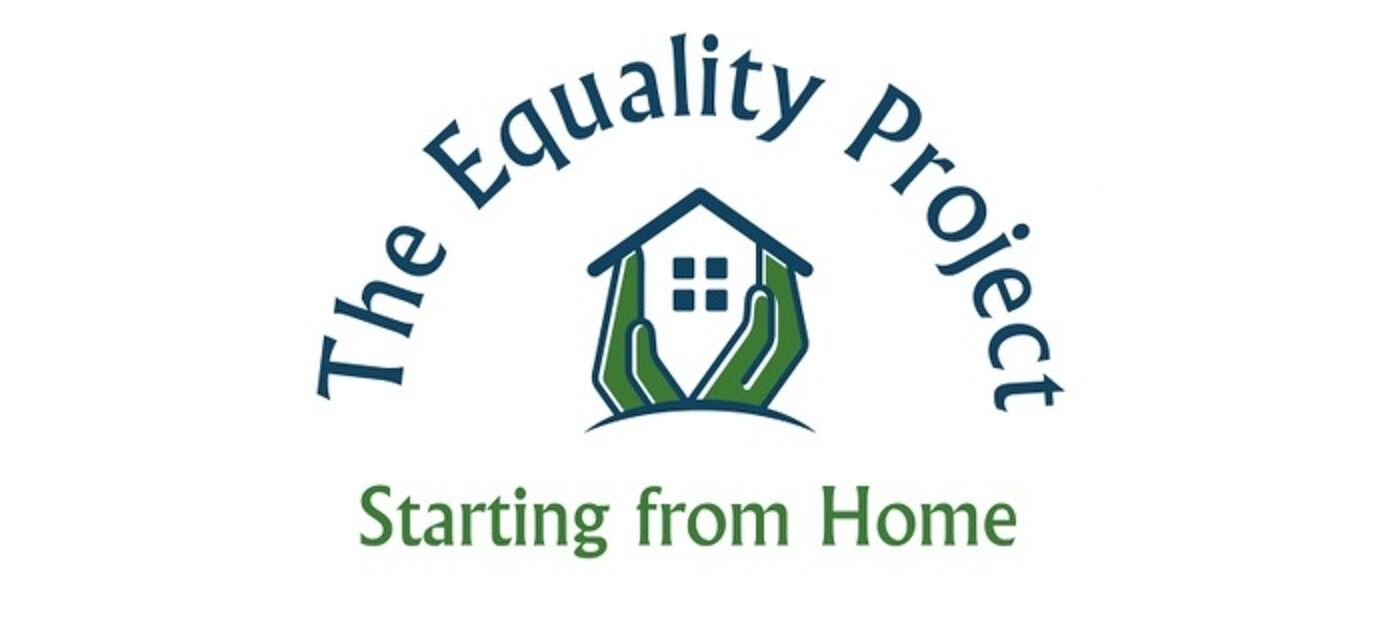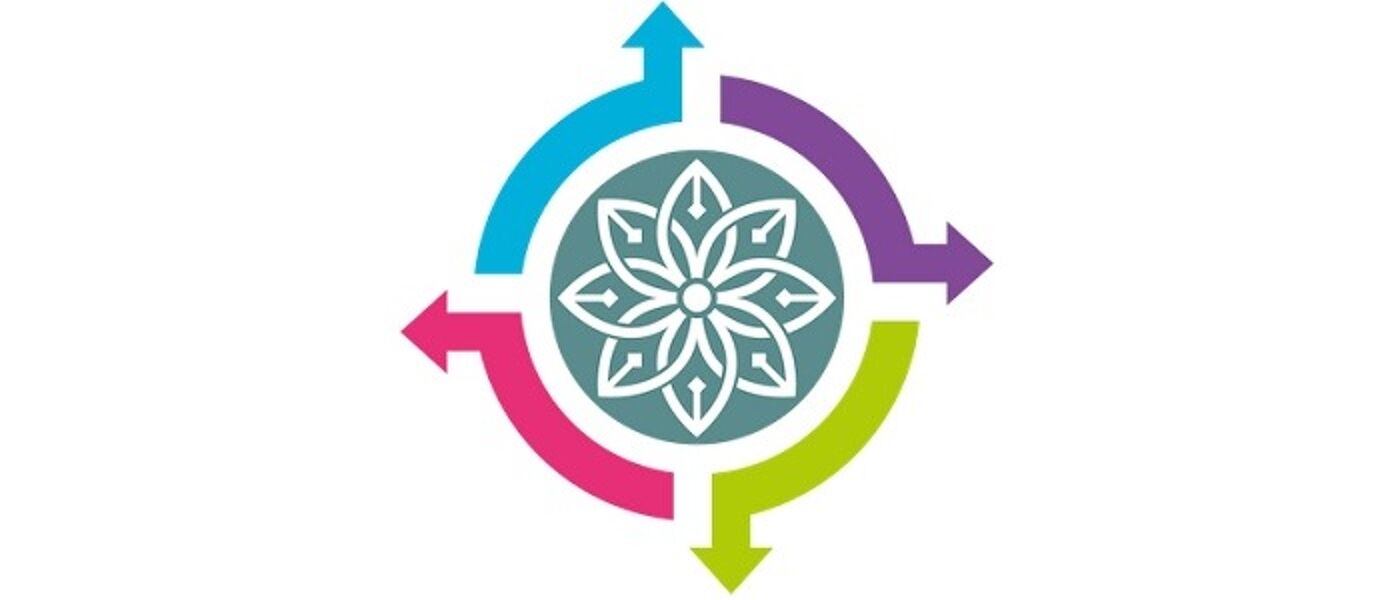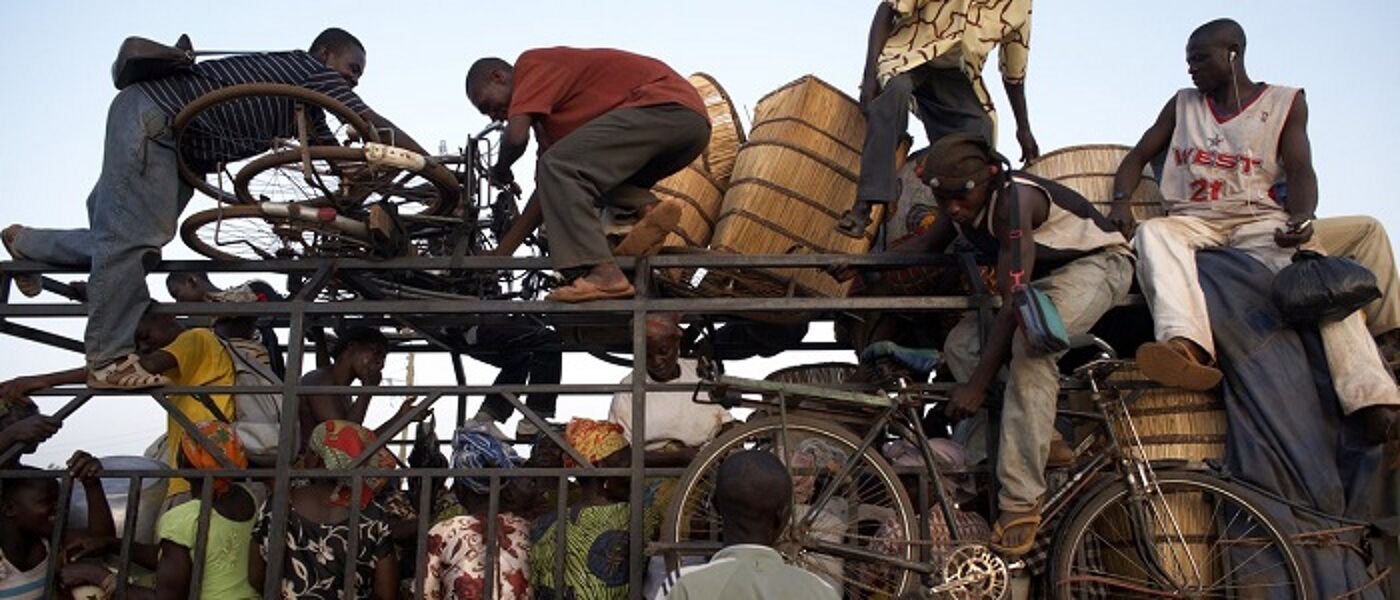
Disadvantage and Participation
Project Title: Disadvantage and Participation Accountability Processes: Theory and Evidence from School Development and Management Committees
Geographical focus: Karnataka, India
This ESRC-DFID funded interdisciplinary project investigates how an intervention might enable fuller, more authentic and more equitable participation from SDMC members in school management. The project is based on a randomised control trial which tests variations of an empowering intervention, combined with qualitative research to understand in more granular depth how the interventions do or do not interrupt these blockages.
Project Lead: Prof Sayantan Ghosal
Project Website: Disadvantage and Participation in Accountability Processes

Using NGO Data
Project Title: Using NGO Data to Understand Marginalization, Stigma and Empowerment: the Case of Usha Multi-purpose Co-operative
Geographical focus: Kolkata, India
The project contributes, both conceptually and empirically, to understanding the link between poverty, marginalisation and stigma on the one hand, and economic and health outcomes, on the other.
Project Lead: Prof Sayantan Ghosal
Project Website: UKRI project page

The Equality Project
Project Title: The Equality Project: Starting from Home - Reducing Gender Inequalities in Botswana, Kenya and Tanzania
Geographical focus: Botswana, Kenya and Tanzania
This project has developed a series of community workshops on addressing household inequalities. The programme will be piloted in informal settlements in Kenya and Tanzania to test its design and impact on gender relations among low-income families.
Project Lead: Dr Lavinia Hirsu
Project Website: The Equality Project

Gendered Journeys
Project Title: Gendered Journeys: the trajectories of STEM students and graduates through higher education
Geographical focus: India and Rwanda
This is a 3-year ESRC-funded project that investigates how far, and in what ways, gender may have an influence in the progress of students through higher education, graduation and progression into skilled employment in the STEM sector in India and Rwanda, with some comparative research in the UK. More broadly we are a group of researchers looking to explore new understandings and methods of investigating the relationship between gender and other aspects of identity and aspects of educational and occupational cultures in STEM.
Project Lead: Barbara Read
Project Website: Gendered Journeys
Building Research Collaboration
Project Title: Building Research Collaboration with India and Kyrgyzstan to explore the role of universities in developing skills for smart cities
Geographical focus: India and Kyrgyzstan
ICT-based urban development has been considered a key strategy to create smart cities in South and Central Asia. Universities are expected to contribute to this agenda by promoting the productive assimilation of marginalised youth populations living and working in these smart cities. India and Kyrgyzstan – with large but mostly poor and unemployed youth populations - can benefit immensely from universities by integrating the training for employability of their youth populations with human, social, cultural, economic and environmental factors in the cities. The project explores the core problem of capacity building of universities in emerging economies, particularly in the context of inclusive and equitable smart cities.
Project lead: Srabani Maitra

Dual apprenticeships
Project Title: Can dual apprenticeships create better and more equitable social and economic outcomes for young people? A comparative study of India and Mexico
Geographical focus: India and Mexico
Dual apprenticeships combine a strong component of school-based education with highly regulated work-based training in integrated learning plans leading to a formal qualification. The aim of this project is to support more effective implementation of dual apprenticeship in India and Mexico and to strengthen the capacity of project partners to evaluate their apprenticeships in the medium to long term.
Project lead: Oscar Valiente
Project Website: Dual Apprenticeship
Is it possible to decommodify education?
Project Title: Is it possible to decommodify education? Evidence and lessons from the Chilean education market reform
Geographical focus: Chile
Chile adopted an ambitious policy process to reform its education market and mitigate its negative effects on social and educational inequalities. By investigating the policy processes that led to this reform and the factors that shaped its implementation, the research will elucidate the extent to which it is possible to reverse the commodification of education in national contexts with a long tradition on market policies.
Geographical focus: Chile
Project lead: Adrian Zancajo
Precarious work and future careers
Project Title: Precarious work and future careers in the context of the gig economy in South Africa and China
Geographical focus: South Africa and China
Youth increasingly face precarious work, such as internships and zero-hour contracts, as their first work experience. In upper and lower-middle income countries, where youth unemployment rates are growing, such jobs are seen as a panacea; envisaged as fostering pathways to later secure work. Yet there is limited evidence about whether this is the case. By analysing the labour market trajectories of a sample of youth over time, the project will be assessing whether assumptions that engagement in precarious work leads to later secure careers hold true. Findings can inform policy in the context of the post-Covid-19 recovery period and the growth of the gig economy.
Project lead: Lesley Doyle

Migration for Development and Equality (MiDEQ)
Project Title: Migration for Development and Equality (MiDEQ)
Geographical focus: Haiti, Brazil, Burkina Faso, Cote d’Ivoire, Ghana, Ethiopia, Egypt, Jordan, South Africa, Malaysia, Nepal, China
South-South migration has the potential to reduce inequalities and contribute to development. MIDEQ works with a global network of partners in twelve countries in the Global South, organised into six migration ‘corridors’, to understand the relationships between migration, development and inequality. The ultimate aim is to translate knowledge and ideas into policies and practices which work to improve the lives of migrants, their families and the communities in which they live.
Project lead: Alison Phipps
Project Website: MiDEQ

